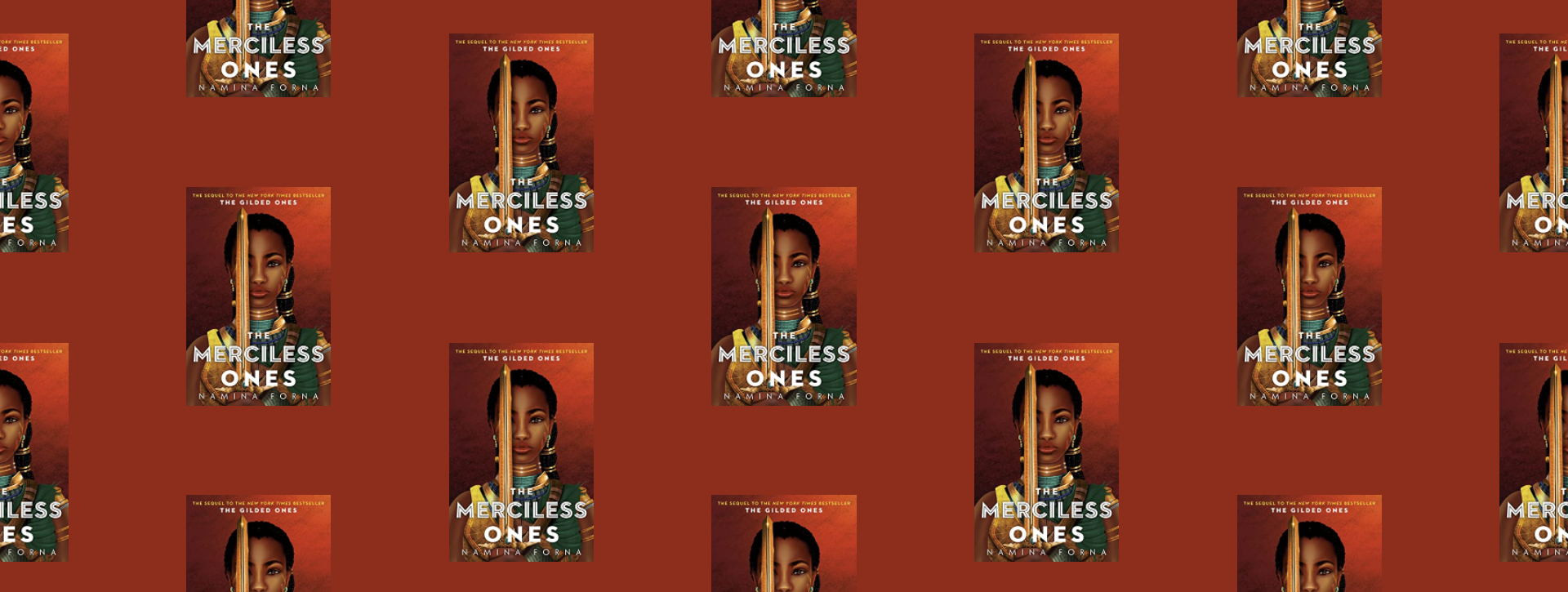Project Hail Mary
Project Hail Mary is a fast-paced, fun read. The prose isn’t particularly special, but it’s very exciting, and the math/science/plausible sci-fi premise really makes it stand out.
A Closed and Common Orbit (Wayfarers, #2)
Like the book that comes before it, A Closed and Common Orbit is heartwarming and fun and beautifully written with the universe’s absolute best characters.
The Long Way to a Small, Angry Planet (Wayfarers, #1)
The Long Way to a Small, Angry Planet is a charming, heartwarming, beautifully inclusive character-driven sci-fi that deserves every ounce of hype it’s gotten since it was published in 2016.
A Prayer for the Crown-Shy (Monk & Robot, #2)
Good news for those who loved Psalm: this sequel does not disappoint. Sibling Dex and Mosscap are back to hug us as they puzzle through questions of purpose, belonging, and self-compassion.
The Last White Man
The Last White Man is another stunner from Mohsin Hamid and his heartbreaking commas. It’s a quick read with lots of layers that kept me thinking long after I’d closed it.
A Mirror Mended (Fractured Fables, #2)
A Mirror Mended is a great sequel to A Spindle Splintered. I loved the growth for our friend Zinnia Gray. These novellas are just so fun and badass and heartwarming!
Tomorrow, and Tomorrow, and Tomorrow
Tomorrow, and Tomorrow, and Tomorrow is definitely going to be one of my favorite books of 2022. Alternating between heartwarming and heartbreaking, it’s a beautiful book about friendship and the messiness (and hope) of life.
A Desolation Called Peace (Teixcalaan, #2)
A Desolation Called Peace was a great sequel to A Memory Called Empire. Bigger scope, better pacing, same great characters being pushed even further toward growth — what’s not to love?
The Long Answer
The Long Answer is an emotional, sad, beautiful novel of stories within a story about pregnancy, motherhood, and grief. It begs not to be rushed but flows like water.
The Merciless Ones (Deathless, #2)
The Merciless Ones was a pretty good sequel to a pretty good first book. It’s not the best-written series so far, but it has enough to keep me reading and wait for the third.
The Island of Missing Trees
The Island of Missing Trees is a beautifully written, mournful little love story. While I don’t think it was perfect, I liked it very much and would recommend it.
The Year of Magical Thinking
The Year of Magical Thinking is the best parts of Joan Didion — shart, unapologetic, perfect sentences — but, by nature of the topic (grief), more personal and less detached. That was a winning recipe for me.
The Bread the Devil Knead
The Bread the Devil Knead is a well-written but very heavy novel about cycles of generational trauma and childhood and domestic abuse. I appreciated it and respect it, but I can’t quite say I enjoyed it.
The Book of Form and Emptiness
The Book of Form and Emptiness has what I love in literary fiction: a lot of heart and a touch of (possible) magic. I thought this was imaginative and moving and achingly human.
So Happy For You
So Happy For You is an absolutely wild ride of a book. It’s an off-the-rails, near-future, almost-dystopic story that uses absurdity to intelligently comment on the state and culture of the world today.
Sorrow and Bliss
Sorrow and Bliss is a tough book to review. Some of the plot felt unoriginal. But even so, net positive overall from me, with especially strong character work.
Ordinary Monsters (The Talents Trilogy, #1)
Ordinary Monsters is an imaginative, exciting start to a new historical fantasy trilogy: think Miss Peregrine meets Jonathan Strange & Mr. Norrel.
Light Perpetual
While this book wasn’t for everyone, I found it to be moving and thought-provoking. Also, the audiobook is incredibly performed and I highly recommend it.




















